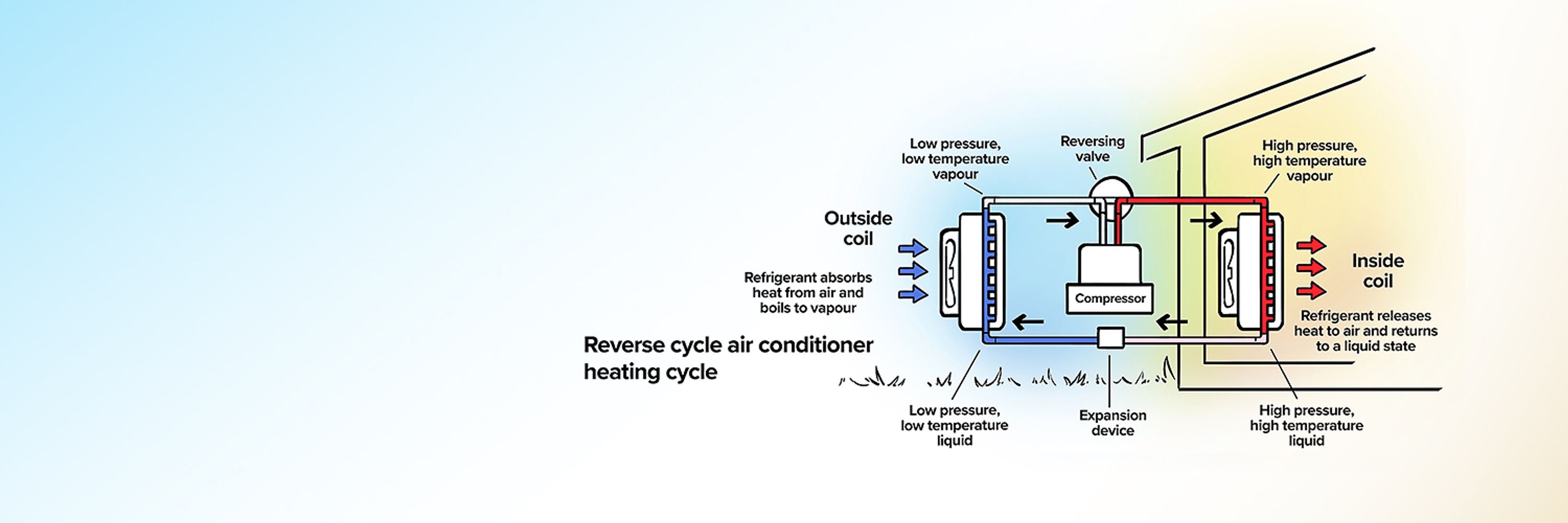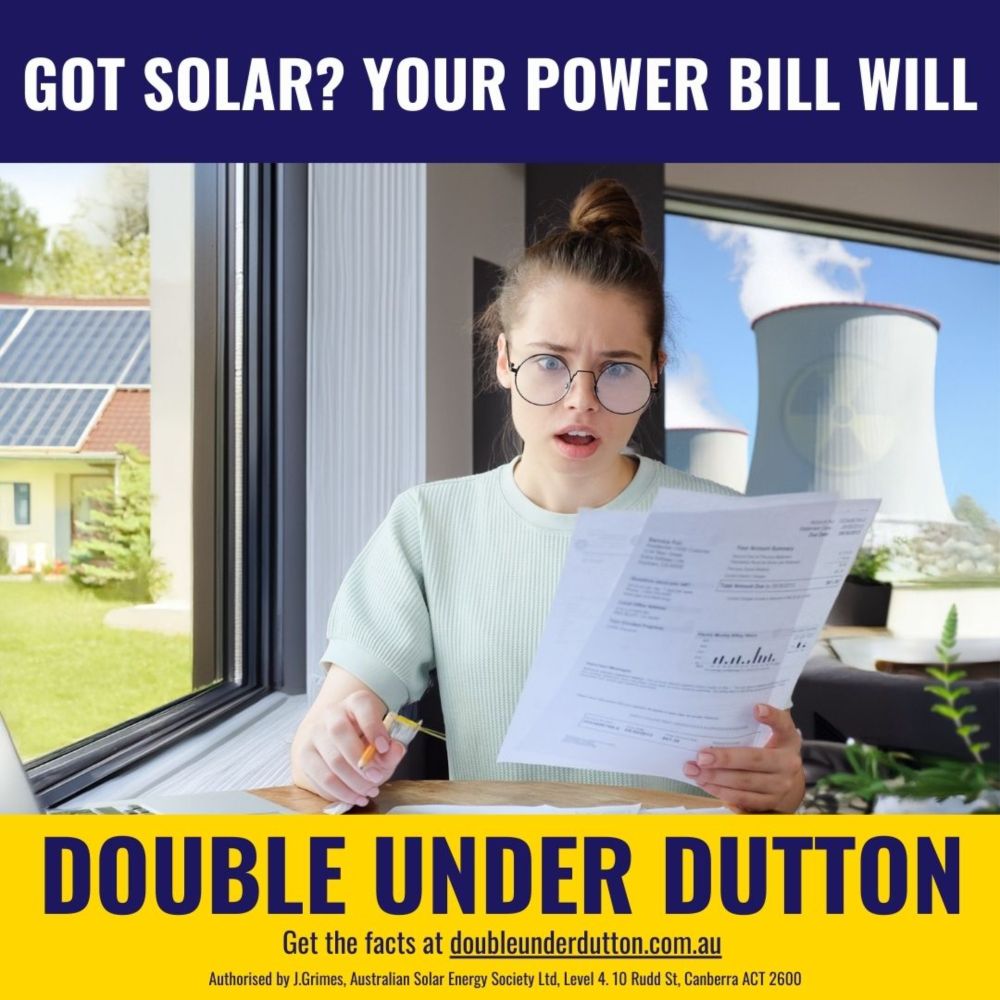
“These 19 road upgrades will result in greater capacity and a safer road environment"
“The beneficiaries will be all motorists, not just those driving the oversized loads.” #auspol #renewables
reneweconomy.com.au/nsw-begins-m...


“installing FPV on 10% of the area of 249,717 inland reservoirs, FPV capacity could reach up to 22 TW and could fulfill the whole global electricity consumption and up to 5% of the world’s water demand.”
www.pv-magazine.com/2025/01/22/a...
#auspol

“installing FPV on 10% of the area of 249,717 inland reservoirs, FPV capacity could reach up to 22 TW and could fulfill the whole global electricity consumption and up to 5% of the world’s water demand.”
www.pv-magazine.com/2025/01/22/a...
#auspol
"Discounts for battery installations range from $770 to $1,150 for a new 6.5 kWh battery, or $1,600 and $2,400 for a new 13.5 kWh battery, and for VPP connection, between $250 and $400" #auspol
www.pv-magazine-australia.com/2024/11/01/n...

"Discounts for battery installations range from $770 to $1,150 for a new 6.5 kWh battery, or $1,600 and $2,400 for a new 13.5 kWh battery, and for VPP connection, between $250 and $400" #auspol
www.pv-magazine-australia.com/2024/11/01/n...
"Heat pumps are sometimes described as a “reverse fridge”, as they use a mixture of evaporation and condensation to transfer heat from outside a building to the inside – even in cold weather."
#auspol #RCAC
www.theguardian.com/australia-ne...

"Heat pumps are sometimes described as a “reverse fridge”, as they use a mixture of evaporation and condensation to transfer heat from outside a building to the inside – even in cold weather."
#auspol #RCAC
www.theguardian.com/australia-ne...
They are 4x more efficient than gas boilers.

They are 4x more efficient than gas boilers.

However if you have solar you are likely to have your rooftop PV regularly turned off. Your energy bills would more than double from $1000 on average to well over $2000/year. smartenergy.org.au/solarstopper...
However if you have solar you are likely to have your rooftop PV regularly turned off. Your energy bills would more than double from $1000 on average to well over $2000/year. smartenergy.org.au/solarstopper...

